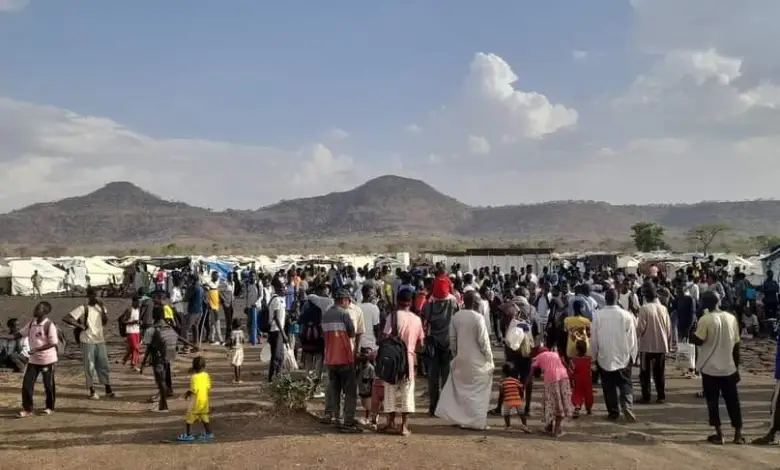(1,700) Cases of Attacks on Sudanese Refugee Camps in Ethiopia

Sudan Events – Follow-ups
One of the Sudanese refugee representatives in the “Ulala” camp on the border with Ethiopia, Mphammad Hamid, has revealed that 1,700 incidents had occurred against refugees from Ethiopian militias, including killing, looting, theft, kidnapping, and assault.
The latest incident of attacks on Sudanese refugees occurred recently when a group of them was kidnapped from inside an ambulance that was on its way to the Ethiopian “Gandar” Hospital for treatment, according to “Sudan Tribune.”
Hamed stressed that all the meetings held by the refugees with the High Commissioner for Refugees failed to solve the dilemma of the Sudanese refugees, who suffer from many problems, the most important of which are security problems, repeated attacks by Ethiopian militias, and looting of food and money by force of arms.
He explained that refugee representatives spoke to the Ethiopian authorities and relevant organizations about the catastrophic conditions of the refugees, but the response was not good.
He confirmed the ongoing incidents of looting and violence against refugees, the most recent of which was the looting of 6 tents at gunpoint and the expulsion of their residents at the hands of Ethiopian militias, in addition to the presence of potential risks of deadly diseases such as cholera, kala azar, and others, according to testimonies from residents close to “Ullala.”
Hamed revealed that international organizations continue to ignore the refugee issue, as they held 5 meetings with the direct parties of the organizations that failed.
He pointed to practices against Sudanese refugees, such as preventing water or selling it at high prices, and refugees drinking contaminated water, stressing that they do not accept any unclear solutions and without specific guarantees.
Hamed warned of a humanitarian catastrophe and the death of refugees from hunger after they went on a forced hunger strike due to the severe shortage, stressing that the rest of the available food is not enough for the children.



